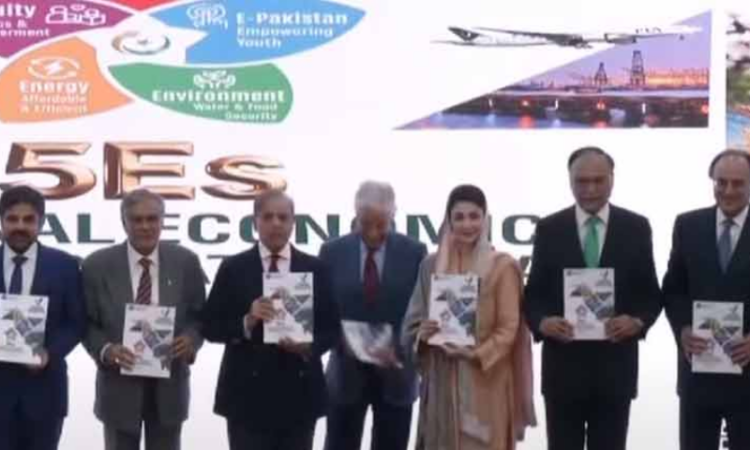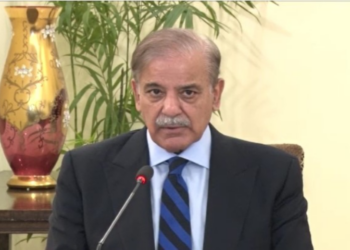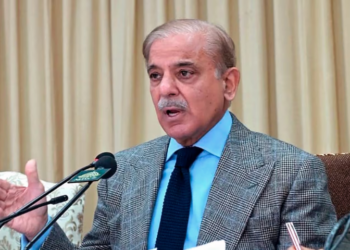Islamabad, December 31, 2024: Prime Minister Shehbaz Sharif unveiled the “Uraan Pakistan” National Economic Transformational Plan 2024-29, an ambitious roadmap for economic reform and sustainable growth.
Addressing the launch ceremony in Islamabad, the premier emphasized the importance of national unity and collective effort to steer Pakistan toward economic stability and prosperity. “We have achieved macroeconomic stability, but this is just the beginning of a long and challenging journey requiring sacrifices and unity,” he said.
The plan aims to transition from “default to development” and “stability to strength.” The premier acknowledged the support of coalition partners, federal and provincial governments, and international allies in achieving these milestones.
Focus on export-led growth and private sector leadership
Finance Minister Muhammad Aurangzeb outlined the plan’s core objective: achieving export-led growth to avoid economic boom-and-bust cycles. He emphasized the pivotal role of the private sector in driving sustainable growth.
Highlighting progress, the minister noted key economic indicators, including a reduction in inflation from 38% to 5%, a record-breaking performance by the Pakistan Stock Exchange, and a 12% Karachi Interbank Offered Rate (Kibor), facilitating private-sector borrowing. Foreign direct investment is also on the rise, supported by the Special Investment Facilitation Council (SIFC).
Aurangzeb announced reforms in tax policy and collection to curb tax leakages, with the Tax Policy Unit involving both public and private stakeholders. He projected over 6% GDP growth by 2028 and highlighted Pakistan’s first current account surplus in 24 years.
Transformational Vision
Describing “Uraan Pakistan” as a people-centric economic agenda, Minister for Information Attaullah Tarar said the plan focuses on inclusive development, aiming to uplift the economy and the well-being of Pakistan’s citizens.
The launch of “Uraan Pakistan” marks a pivotal moment in the nation’s journey toward economic revitalization, driven by comprehensive reforms and a vision for a self-reliant future.









